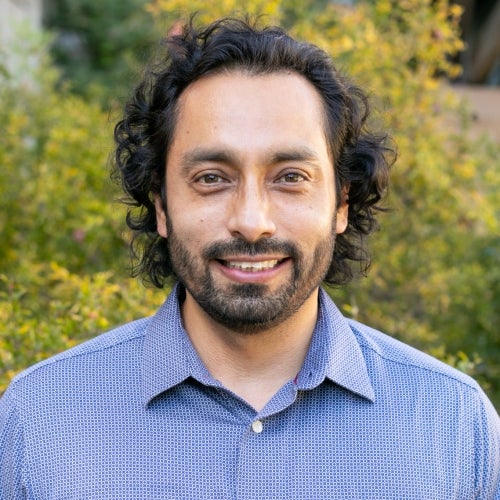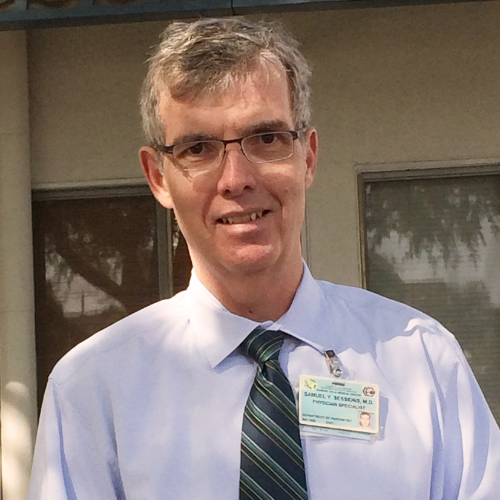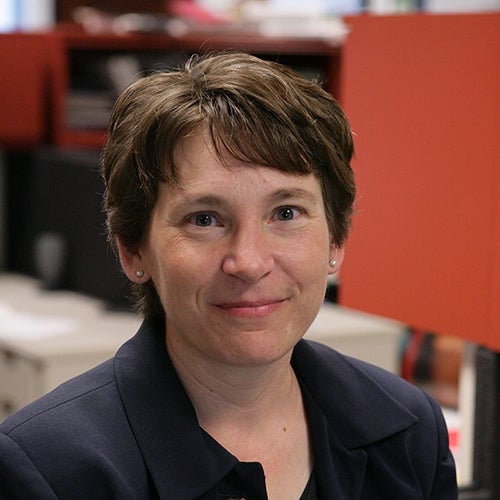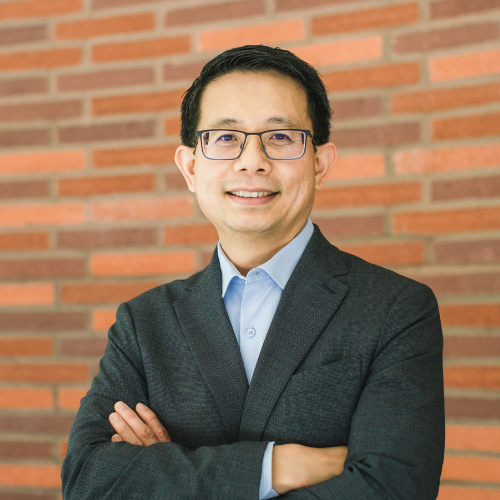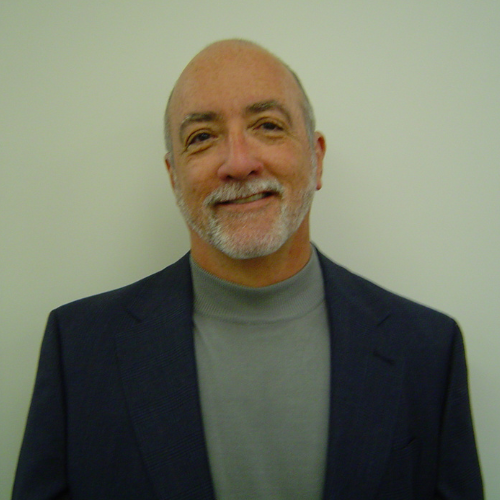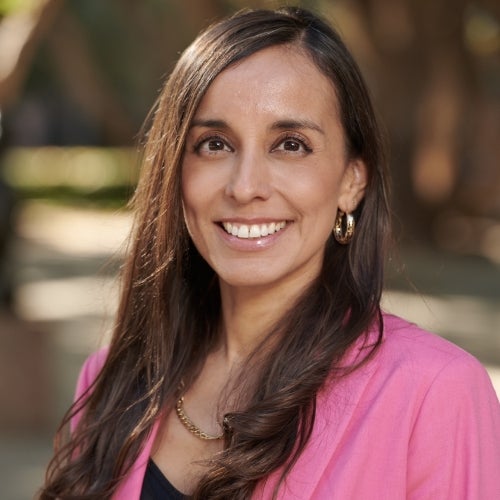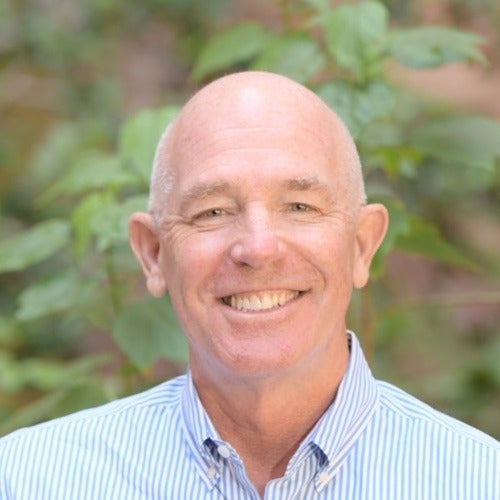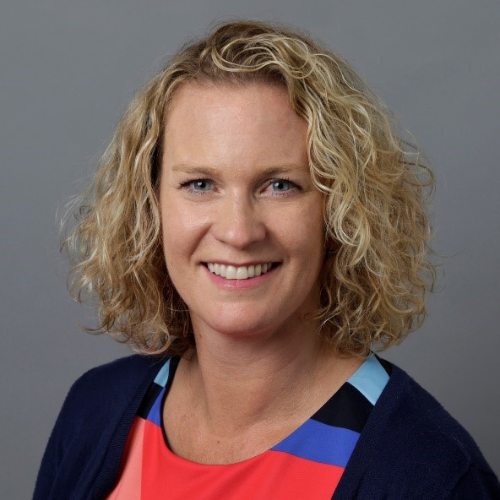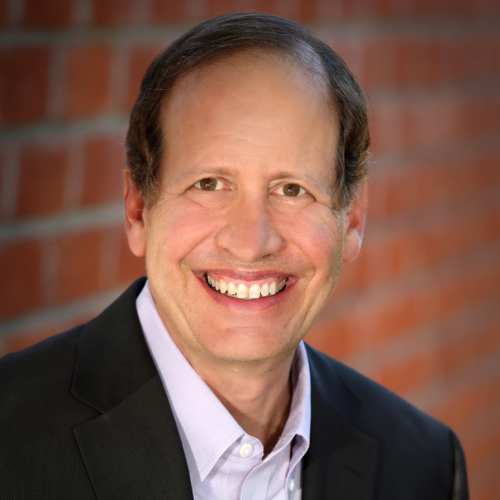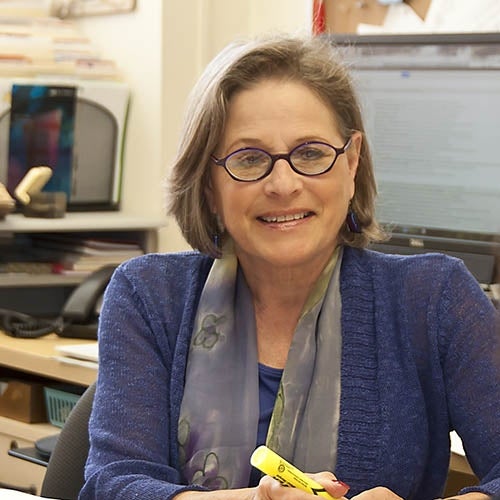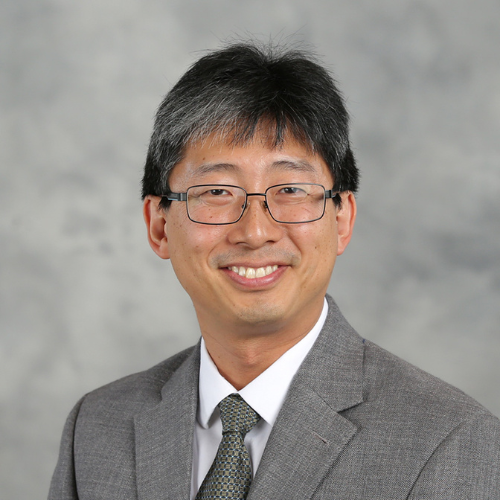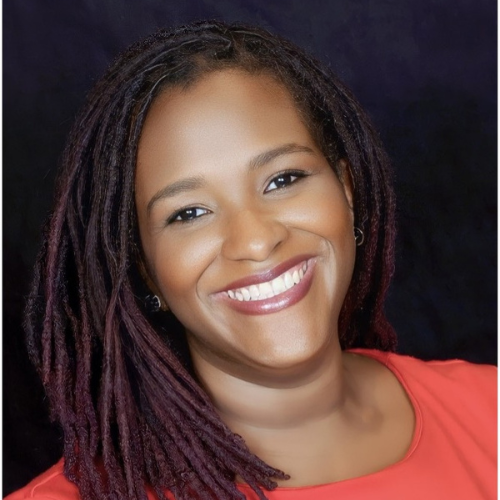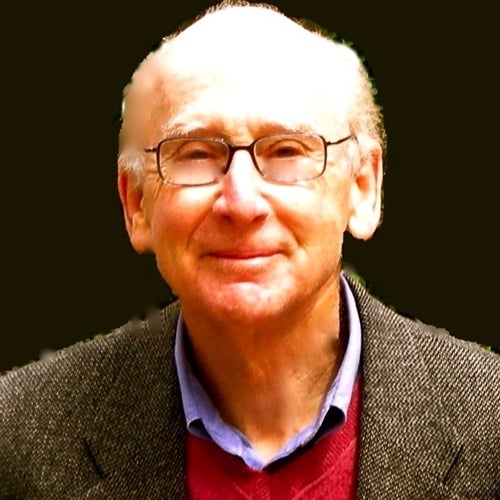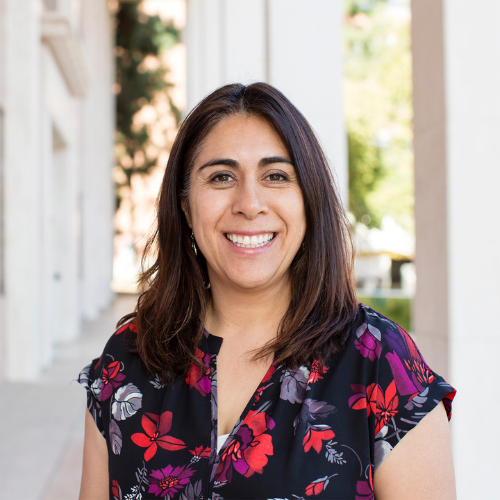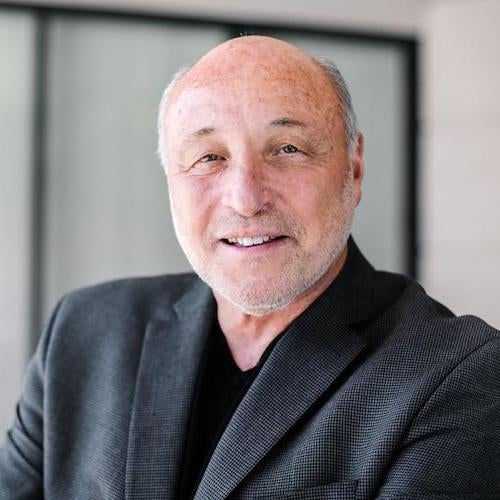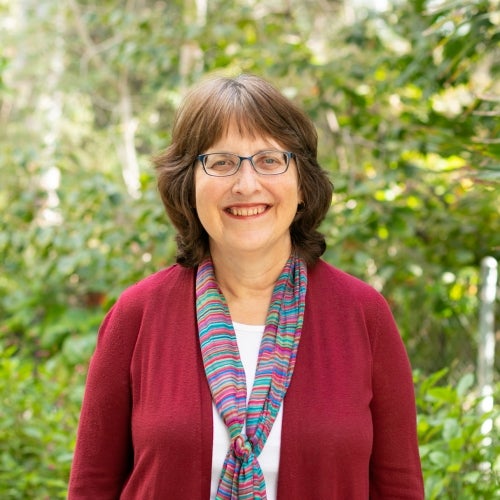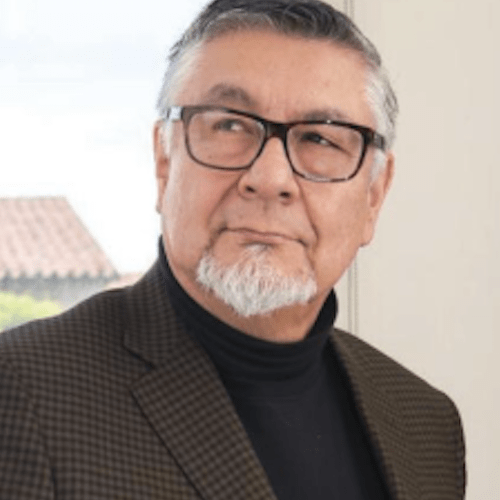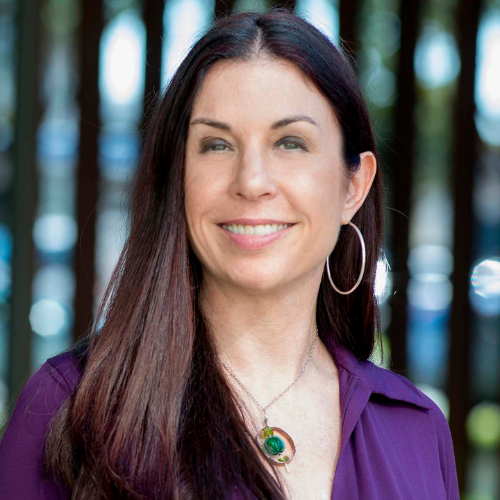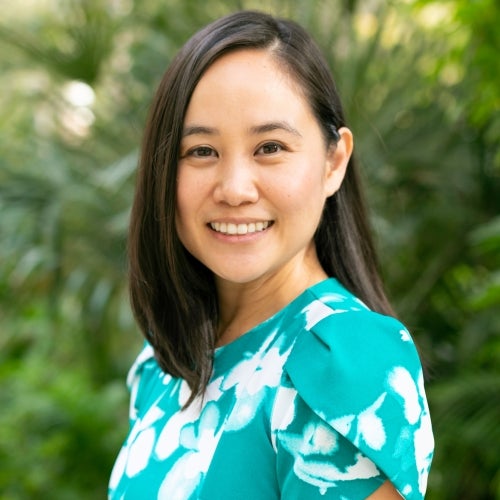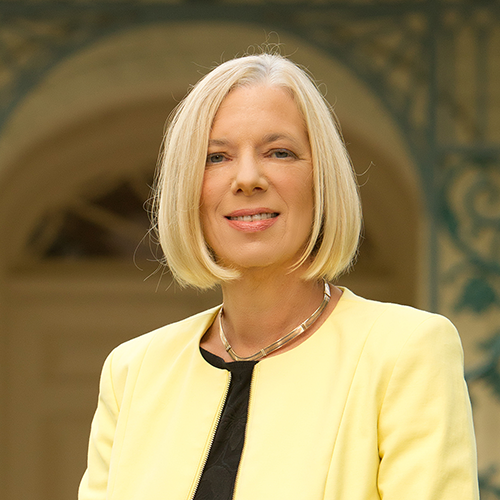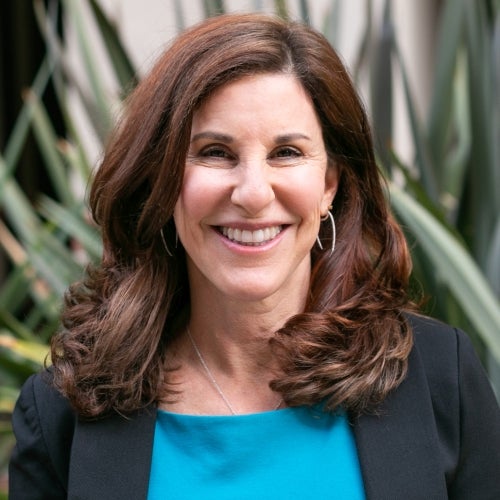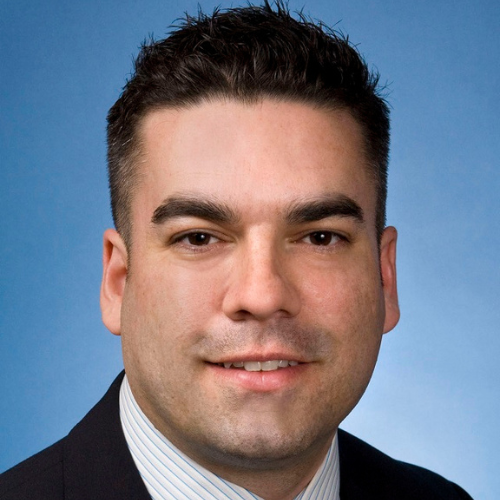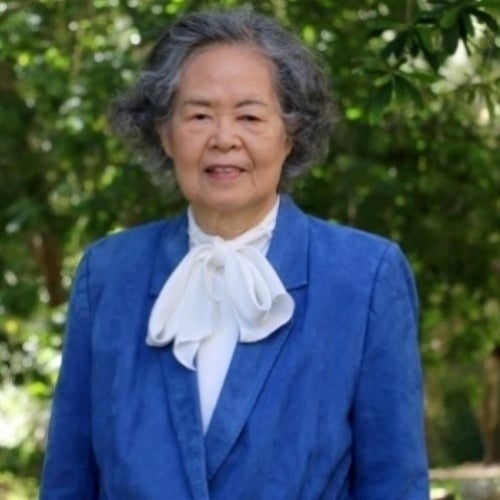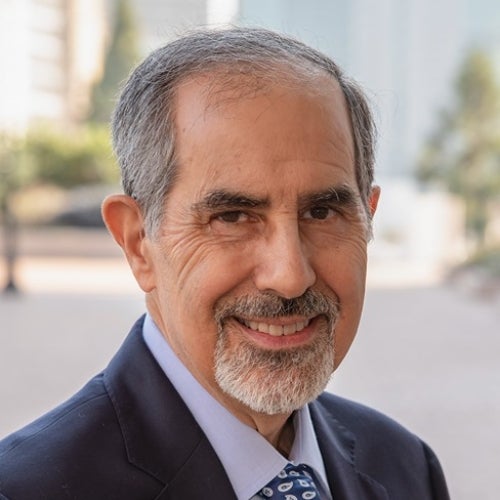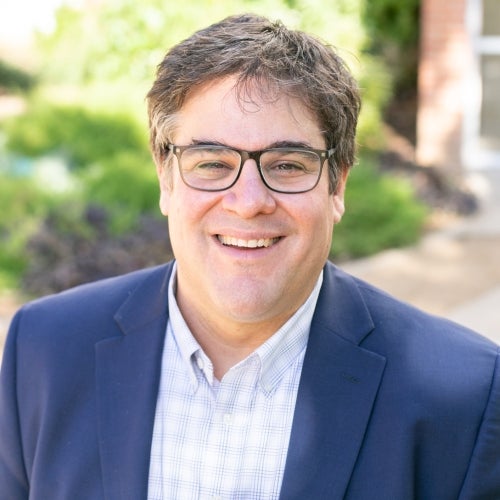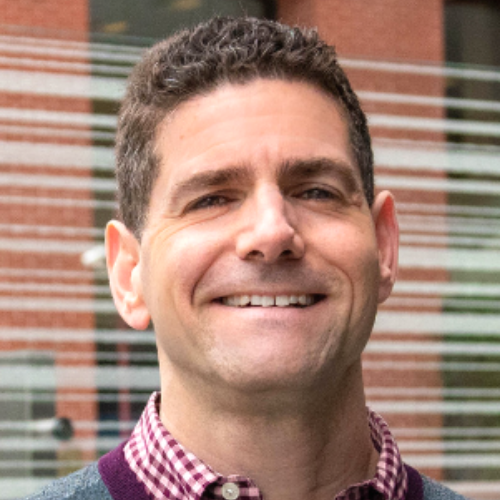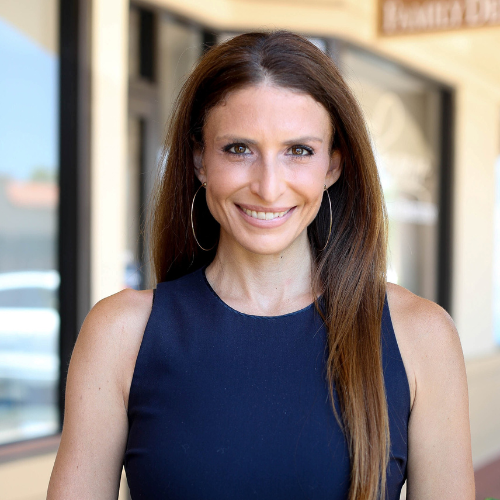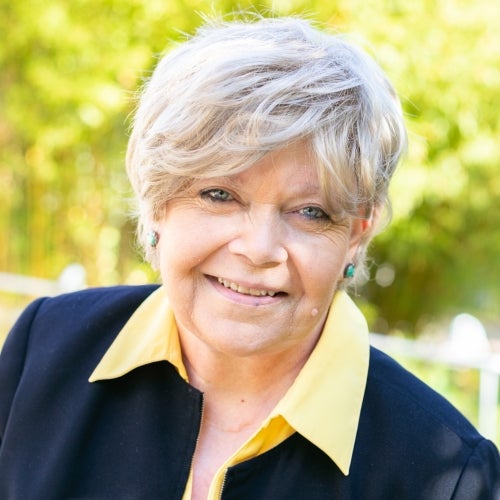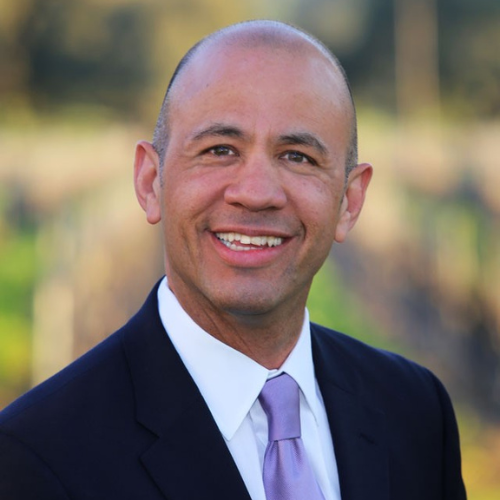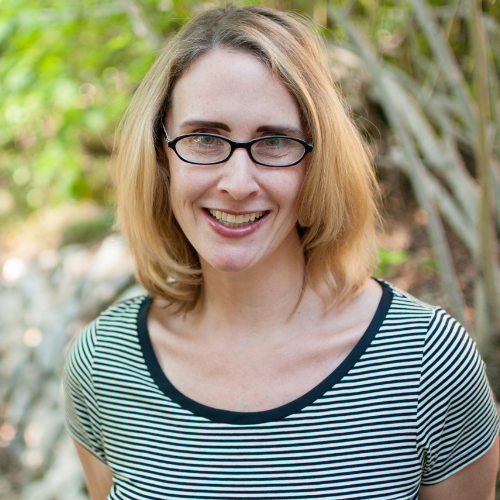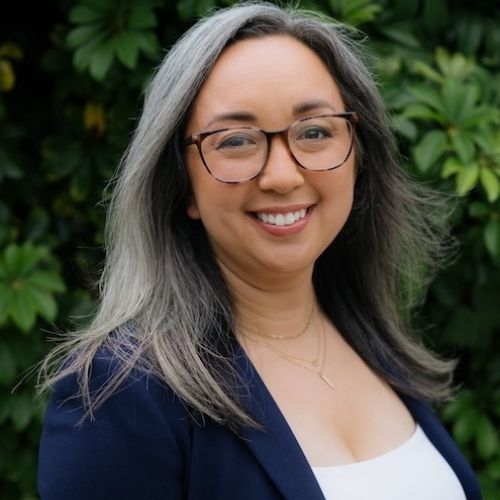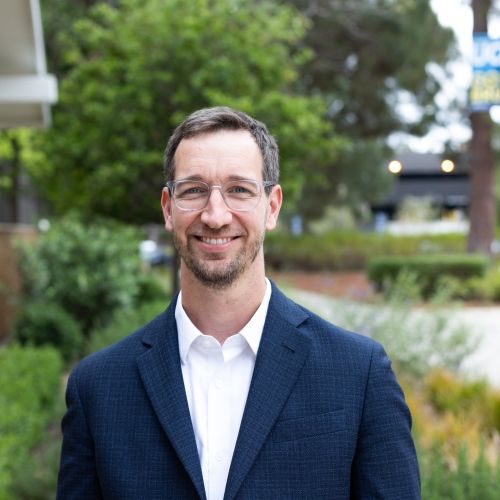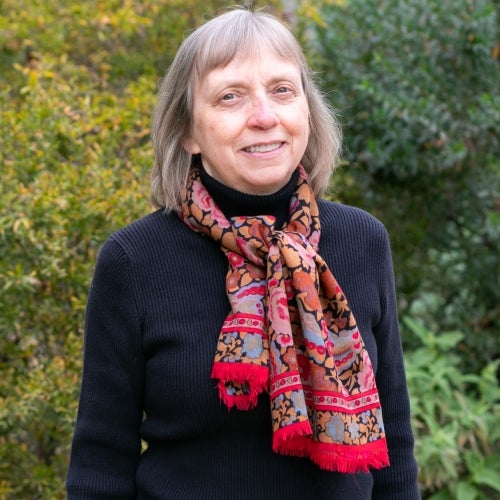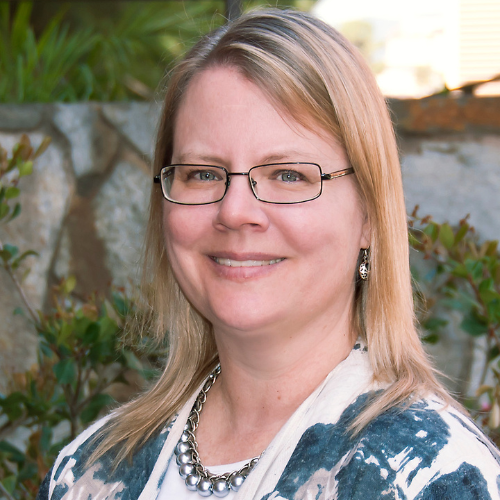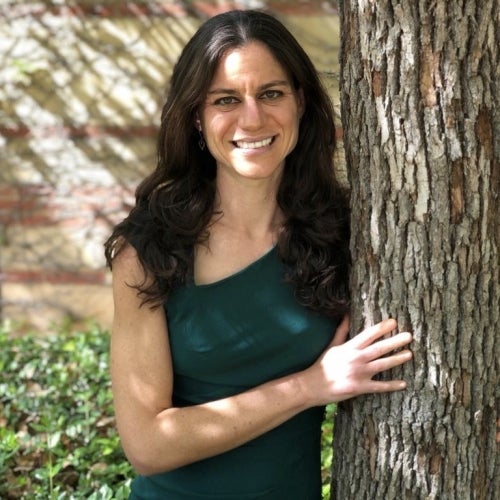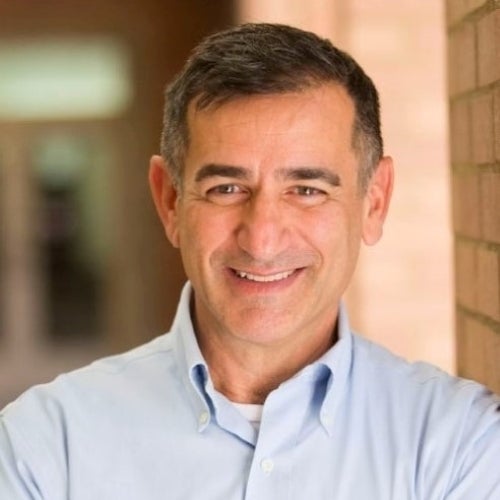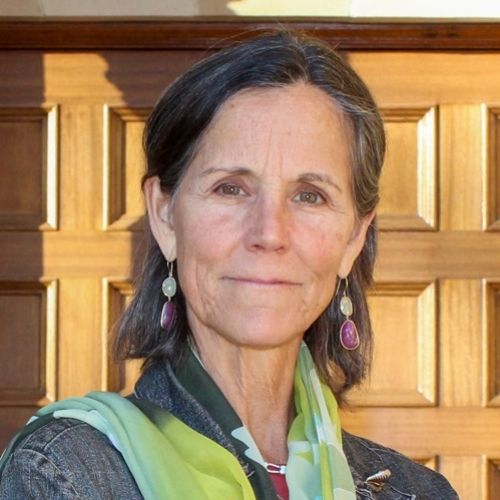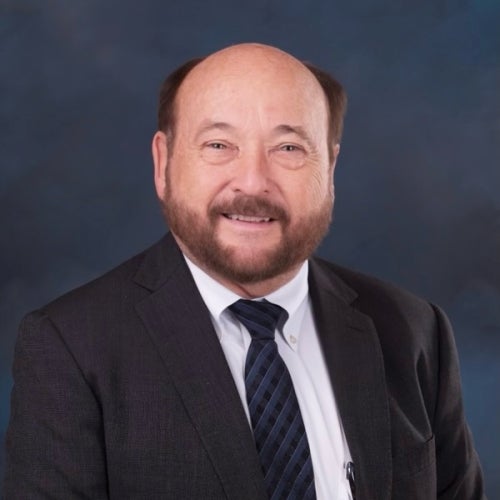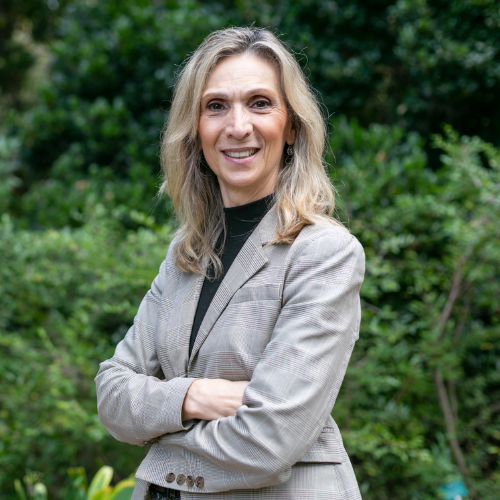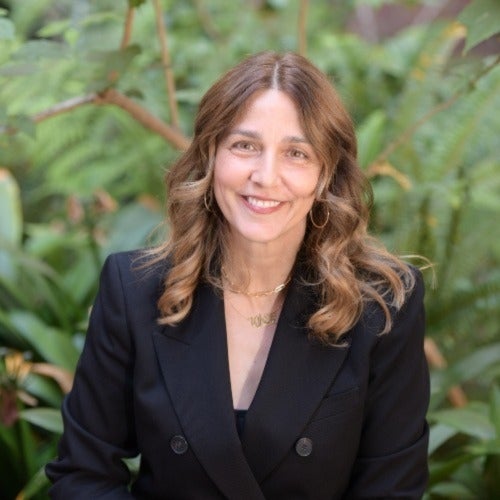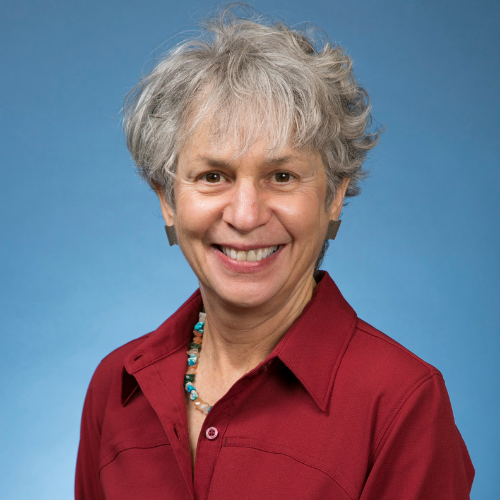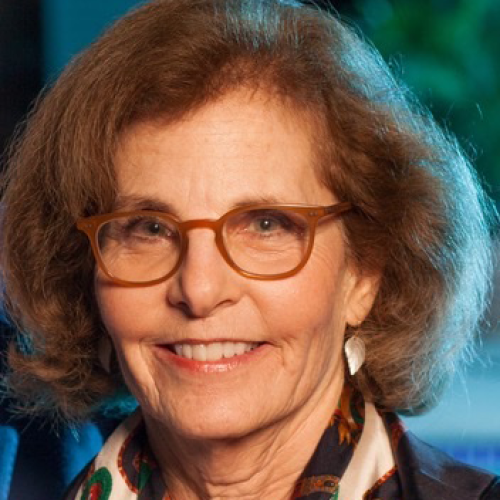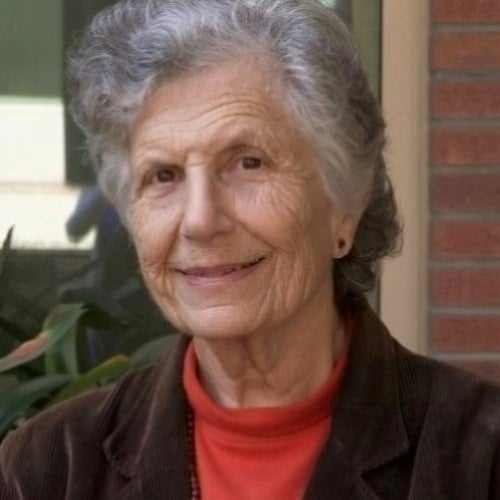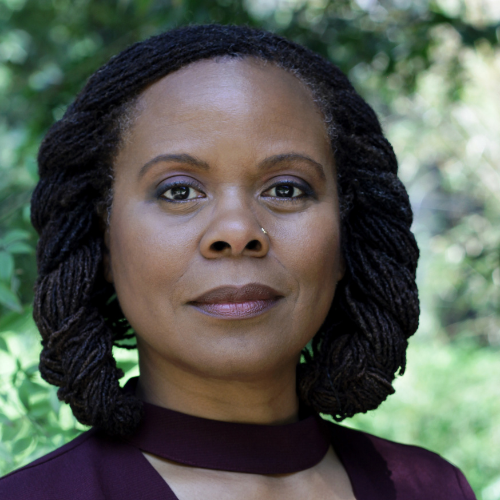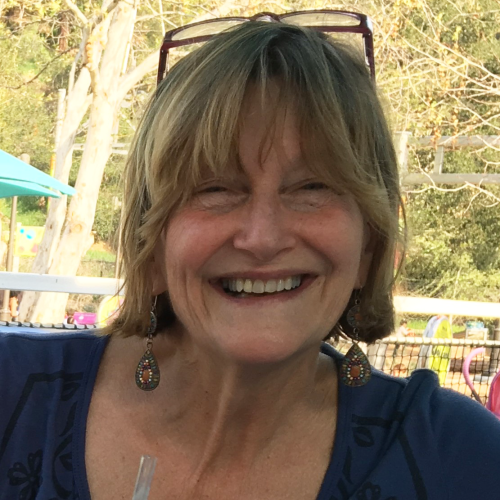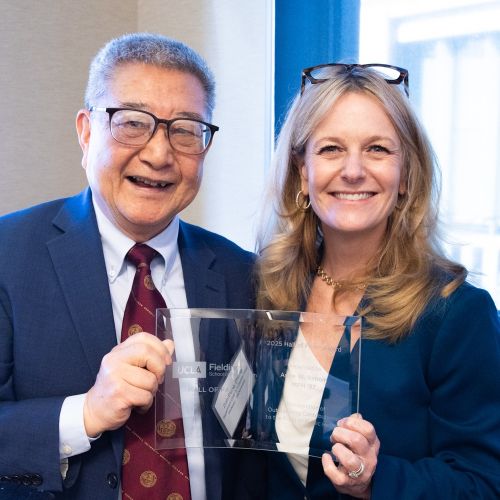California Latinos’ use of emergency medical services increased disproportionately during pandemic
A report by UCLA FSPH researchers found California Latinos’ use of emergency medical services increased disproportionately during the pandemic.

Prior to the COVID-19 pandemic, Latinos in California were relatively unlikely to use emergency medical services. But during the pandemic, across much of the state, Latinos’ use of such services — specifically seeking treatment for respiratory ailments — increased more than it did for non-Latino whites, according to a new report by UCLA researchers, including Dr. Arturo Vargas Bustamante, UCLA Fielding School of Public Health professor of health policy and management, and Dr. Hiram Beltran-Sanchez, Fielding School associate professor of community health sciences.
The report - written for the UCLA Latino Policy and Politics Initiative - compares figures for the first six months of 2020 to statistics for the same period in 2019. They analyzed data from the California Emergency Medical Services Information System, which includes information from all of the state’s 33 local emergency medical service agencies with the exception of Los Angeles County.
“Although the study doesn’t directly account for about 30% of California’s Latinos who live in Los Angeles, other studies on the impact of COVID-19 on Latinos in L.A. would suggest that the same phenomenon would hold true in Los Angeles,” said Esmeralda Melgoza, a doctoral student at the UCLA Fielding School of Public Health and a co-author of the report.
The study’s findings suggest that emergency medical services statewide have an opportunity to improve their language and cultural literacy to better serve the needs of their Latino patients, according to the report.

The study identified factors that kept Latinos from using emergency services prior to the pandemic, including their concerns about the costs of emergency medical care and a fear that interaction with public safety officials could endanger their immigration status. But their use of emergency services for urgent respiratory illness increased by a greater percentage than it did for non-Latino whites after the pandemic began.
The authors concluded that disparity occurred largely because of the toll COVID-19 took on Latino essential workers and families in multigenerational households. They found that in the early months of the pandemic, white Californians were 10% less likely to call for an ambulance or for emergency care than Latino residents.
Numerous studies, including research by the U.S. Centers for Disease Control and Prevention, have shown that Latinos were disproportionately affected by the pandemic. Only one-third of California’s 50-to-64-year-olds are Latino. But, from the beginning of the pandemic through August 19, 2021, more than 64% of Californians in that age group who died from COVID-19 were Latino.
“The pandemic made it clear which demographic groups face the worst outcomes during a public health crisis, and we have a unique opportunity to use those lessons to ensure that our medical services are better prepared to serve those populations in the future,” said Bustamante, faculty director of research at the Latino Policy and Politics Initiative.
The report recommends ways for emergency medical service providers and public safety officials to adapt to better serve Latinos, now that the pandemic has made more Latinos aware of, and comfortable with, emergency services:
- Increase outreach to Latino residents to inform them how to access emergency medical services and ease their concerns about costs and immigration risks.
- Hire staff who speak Spanish and have the cultural competency to work with Latino patients.
- Offer financial assistance to lower-income customers to help ensure cost isn’t a barrier to life-saving care.
by Lys Mendez
The UCLA Fielding School of Public Health, founded in 1961, is dedicated to enhancing the public's health by conducting innovative research, training future leaders and health professionals from diverse backgrounds, translating research into policy and practice, and serving our local communities and the communities of the nation and the world. The school has 761 students from 26 nations engaged in carrying out the vision of building healthy futures in greater Los Angeles, California, the nation and the world.
Faculty Referenced by this Article
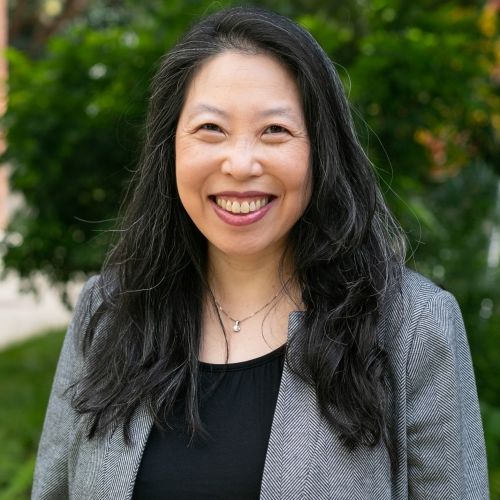
Assistant Dean for Research & Adjunct Associate Professor of Community Health Sciences
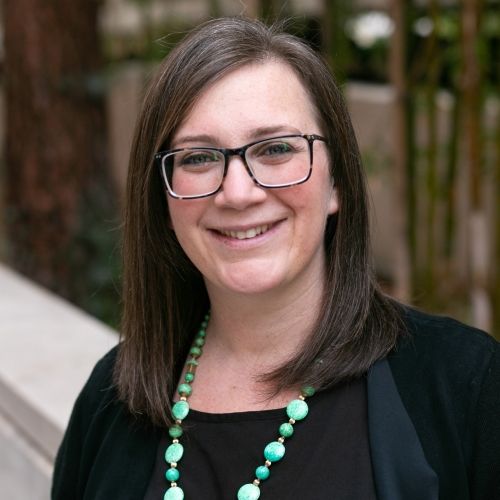
Director of Field Studies and Applied Professional Training

Robert J. Kim-Farley, MD, MPH, is a Professor-in-Residence with joint appointments in the Departments of Epidemiology and Community Health Sciences

Professor of Community Health Sciences & Health Policy and Management, and Associate Dean for Research

Dr. Ron Andersen is the Wasserman Professor Emeritus in the UCLA Departments of Health Policy and Management.
Nationally recognized health services researcher and sociomedical scientist with 25+ years' experience in effectiveness and implementation research.

EMPH Academic Program Director with expertise in healthcare marketing, finance, and reproductive health policy, teaching in the EMPH, MPH, MHA program

Dr. Michelle S. Keller is a health services researcher whose research focuses on the use and prescribing of high-risk medications.

